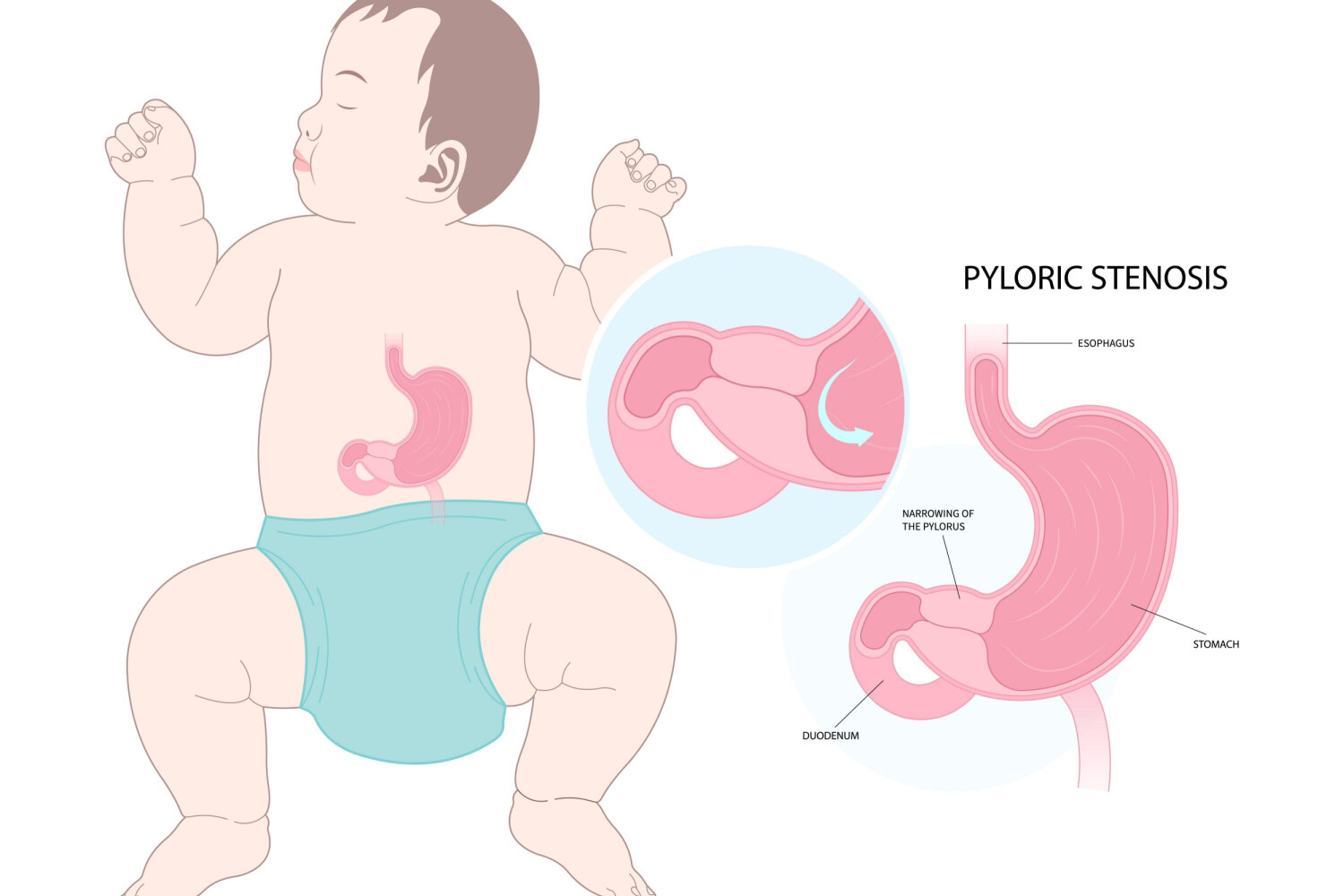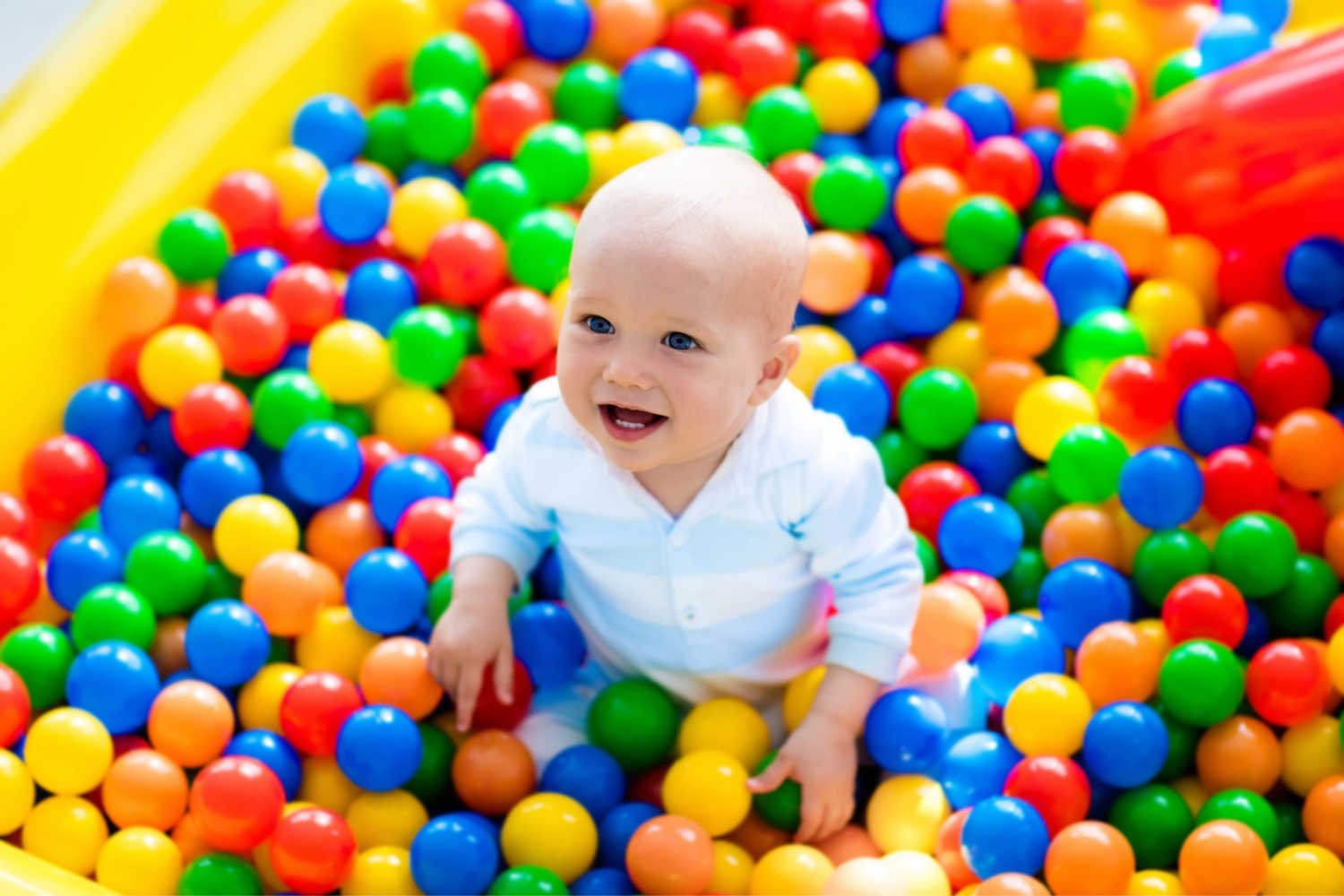
Formula Allergy in Babies- Causes, Signs, and Treatment
7 min readWritten by Tarasha Chandra


Milk is the most important form of sustenance for a baby. Colostrum or yellow milk is extremely precious for a newborn baby. Breast milk is, no doubt, the best for the baby, but babies need a top feed or formula if they cannot be breastfed. This milk is nutrient-rich and a close substitute for mother’s milk. It comprises all the basic components that help with the growth of the baby. Doctors recommend it to babies where mothers can’t breastfeed due to one or other reasons. But then, formula allergy in babies is common and can be a source of worry for parents, especially mothers.
Formula milk has all the important constituents that can almost replace the mother’s milk. The protein source of the formula milk is mainly animal milk or plant milk. Cow milk is a major constituent of formula milk and is the closest to mother’s milk, but can trigger allergies in infants. In this article, we touch upon the key aspects of formula allergy in babies and what you can do if your little one is allergic to formula.
In This Article
- How Common is Formula Milk Allergy in Babies?
- Difference Between Formula Intolerance and Formula Allergy
- What Causes Formula Allergy in Infants?
- Signs and Symptoms of Formula Milk Allergy in Babies
- How to Diagnose Formula Allergy?
- Treatment Options For Formula Allergy
- FAQ’s
How Common is Formula Milk Allergy in Babies?
Formula milk allergy is quite common in babies, as the components in formula milk are not easily digested by the immature digestive system. The constituents of cow milk present in the formula can react in the body, weakening the baby’s immune system. Cow milk and related products can therefore trigger allergic reactions in babies. The allergic reactions start within days or even weeks. Formula milk allergy goes away by the time the baby is three years old or sometimes can persist till the baby is seven or eight years old as well.
Difference Between Formula Intolerance and Formula Allergy
Formula allergy and formula intolerance are not the same as many mothers think. here is the difference between the two:
Formula Intolerance
The digestive system of the baby cannot tolerate the formula milk or digest it effectively. Due to this tolerance, the baby ends up having gastric issues. The intolerance is due to over-sensitivity or deficiency of a component that is present in the formula. Formula intolerance happens due to a defective digestive system and does not involve the immune system.
Formula Allergy
This type of milk intolerance involves the immune system where the antibodies attack the milk proteins thinking that they are pathogens. This in turn results in allergies and causes rashes, swelling etc. Formula allergy is more acute and fatal than formula intolerance.
[Read : Gas in Babies: Signs, Symptoms, and Relief]
What Causes Formula Allergy in Infants?
When the body is oversensitive towards the formula and shows a non-suitable reaction, formula allergy can be seen in babies. The allergy triggers when the immune system mistakes the proteins in the formula for foreign entities and attacks them.
This results in rashes, swelling, itchiness, etc. The allergy can differ in its intensity from one baby to the other. Many factors are responsible for causing a formula allergy in babies.
- The baby formula allergy can greatly be influenced by heredity, which means if the parents are allergic to anything, there are higher chances of the baby reacting towards it as well.
- The other main cause is a cross-reaction, which also indicates that the baby can have the same reaction to products that are similar. For e.g., the baby who has an allergy to cow milk could even show allergic reactions to that of goat milk or buffalo milk, etc.
[Read : 15 Home Remedies To Soothe A Colicky Baby]
Signs and Symptoms of Formula Milk Allergy in Babies

The signs or symptoms of a formula allergy could show instantly, after a few hours, or sometimes even days after the baby has taken the formula. In medical terms, the allergy could be IgE or non-IgE, which refers to some intermediate source. A few signs that will show if the baby is allergic to the milk protein present in the formula are as under:
1. Colic Issues
Your baby crying continuously without being hungry or sleepy is a sign of colic. If the baby keeps crying for three hours or more daily, for three days a week, and consistently for three weeks, it is colic for sure.
2. Red Rashes
Rashes can show on the body and the face due to allergic reactions. The baby develops rashes which could be fluid or itchy. Swelling in the mouth, lips, cheeks, etc.
3. Severe Vomiting
This symptom is also common with babies, and it is majorly due to the difficulty they experience while swallowing food. They even show disinterest when the mother is trying to nurse them.
4. Runny Nose
A very common symptom that shows up during a formula allergy can be cold, throat congestion, phlegm, running nose, blocked nose, acute coughing, problems with breathing, etc.
5. Less Appetite
The baby will show disinterest in taking the formula during an allergy.
6. Constipation and Diarrhea With or Without Blood
The baby will have watery stools with a foul smell. This can be three times or more in a day, often leading to dehydration. The baby experiences cramps and hard stools with or without blood, indicating signs of constipation.
Formula allergy may even lead to acute allergic reactions as well, which might need immediate medical intervention.
How to Diagnose Formula Allergy?

The doctor must be aware of all the signs that the baby is showing and also list any allergies running in the family if any. A child specialist or a pediatrician prescribes a few blood tests, allergy tests, and stool tests for a better examination if the baby develops a formula allergy.
Procedures that the doctor follows to diagnose formula allergy include:
1. Physical Examination
During this process, the doctor will collect the medical history of the family and the baby. They will also collect details regarding the symptoms and accordingly suggest testing for the baby.
2. Elimination Diet Test
As indicative of the name, the doctor will advise stopping the formula from the baby’s diet and restarting after a week or so. If the allergy still continues after reintroduction, more tests will be done by the doctor to confirm the allergy.
3. Blood Test
This test will help in the estimation of the antibodies in the body as they are the ones that trigger the allergic reaction. The doctor can even prescribe a stool test to further confirm the allergy and rule out the possibility of other infections and conditions.
4. Skin Prick Test
This test is done by placing a few droplets of formula milk on the back of the baby’s arm. After this, the skin is pricked so that the milk enters the skin. After waiting for fifteen to twenty minutes, the skin is checked for any itchy rashes or red bumps, etc.
This test is done on young babies who are less than six months old. The diagnosis of the doctor is the deciding factor if the original formula needs a replacement.
[Read : Soy Milk For Babies – Benefits And Side-Effects]
Treatment Options For Formula Allergy
There is no treatment for a formula allergy. The baby having signs of a formula allergy must stop using it instantly. The doctor may advise replacing the formula with alternate formula options, depending on the signs and symptoms the baby is showing and the kind of allergies. Alternatives include.
1. Soy Infant Formula
This formula constitutes a soy protein and is devoid of lactose or cow milk. Lactose intolerant babies can use soy infant formula.
2. Amino Acid Formula
This formula comprises amino acids that are protein enriched. The tolerance level in babies for this formula is high.
Alternatives without cow milk protein are an excellent option for babies who have formula allergies to cow milk protein. If your baby cannot breastfeed and is allergic to formula, you can opt for the above alternatives after due consultation with the pediatrician. Babies who cannot be breastfed need formula milk as a supplement. Always look out for signs of allergies when introducing something new to your baby, including formula milk.
FAQ’s
1. What is the Right Way to Identify the Correct Formula For a Baby That Has Allergies?
If your baby has allergies to formula, you can take the help of your pediatrician to identify the component that is causing the problem. Once the identification is done, the doctor will then prescribe the correct formula accordingly. The market has many allergy-free options to choose from.
2. What is the Total Percentage of Babies Who Develop Allergies to the Formula?
7% of babies consuming formula, 1% breastfed, and 2.5% of children less than three years show cow milk allergy.
3. What is the Right Time to Stop the Formula if the Baby Has an Allergy?
This will depend on how quickly the baby is showing symptoms of allergy and how severe the symptoms are. The doctor will put the baby on a schedule and recommend when to start, when to stop, and when to reintroduce the formula. If the baby still shows signs of rejection, you may stop the formula after consultation with the doctor. Ideally, you must stop feeling formula immediately after the baby shows reactions, and you suspect it may be due to the formula.
4. Are Vitamins Important if Feeding the Baby With Formula?
No, it is not important for the baby to get vitamins, if the formula is fed to the baby. Formulas are specially formulated, keeping your baby’s unique growth requirements in consideration. They will meet most of the nutritional requirements of your baby.

Tarasha Chandra,PGDPM
She loves to dance, listen to music, cook, and read in her free time. She is transparent, intuitive, quick-witted, and loves to spend time with her near and dear ones. She believes in taking each day as it comes.Read more.
Responses (0)
Want curated content sharply tailored for your exact stage of parenting?
Related articles

Pyloric Stenosis in Babies – Causes, Symptoms & Treatment

Clinginess in Babies – When, How and Why

Ball Pit Balls For Babies – How it Helps in Baby’s Development

Top 8 Best Indian Books to Read For Your Baby in the First Year

100 Adorable Sleeping Baby Quotes

How to deal with unexpected challenges when traveling with a newborn
Sponsored content
Discover great local businesses around you for your kids.
Get regular updates, great recommendations and other right stuff at the right time.





